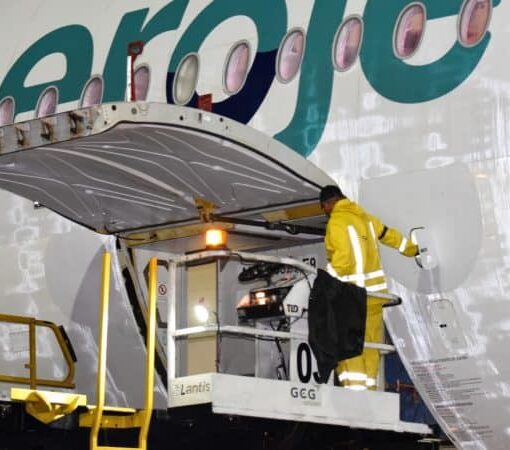Costa Rica continues to affirm its commitment to wildlife protection with an advanced monitoring and control initiative at Juan Santamaría International Airport in Alajuela. Managed by AERIS, this program aims to enhance both biodiversity conservation and operational safety at the airport. To date, it has identified 152 bird species, 15 mammal species, 13 reptile species, and 5 amphibian species around the airport facilities.
AERIS has intensified efforts to create a safe environment for both aerial operations and local wildlife. Key components of this wildlife control program include innovative technologies, such as camera traps that record wildlife movements in real time and specialized pyrotechnics that safely deter animals without causing harm. Additionally, laser spotlights and sound devices offer effective deterrence methods, protecting both wildlife and aircraft from potential incidents.
“Our approach is preventative, using advanced technology to monitor and control wildlife at all times. We are committed to maintaining a secure environment for flights while preserving the local ecosystem,” said Álvaro Arguedas, Operations and Safety Manager.
Over the past year, the wildlife control program has significantly reduced wildlife-related incidents at the airport. In 2023, only 29 incidents involving small birds were recorded, none of which impacted aircraft operations. This amounts to an average of 3 incidents per 10,000 aircraft movements, underscoring the program’s effectiveness and establishing Juan Santamaría International Airport as a model in aeronautical risk management across Latin America.
AERIS’s wildlife protection efforts are bolstered by collaborations with wildlife experts and rescue organizations, such as Rescate Wildlife and the Animal Refuge of Costa Rica. These partnerships ensure that captured animals are ethically treated and relocated to safe areas away from airport operations, making the program both humane and wildlife-friendly.
In addition to airport-focused initiatives, AERIS has launched community awareness campaigns in nearby areas. These programs include spay/neuter services and education on responsible pet ownership, aiming to reduce the presence of stray animals around the airport, which could pose risks to flight operations.
Source link
Tico Times



